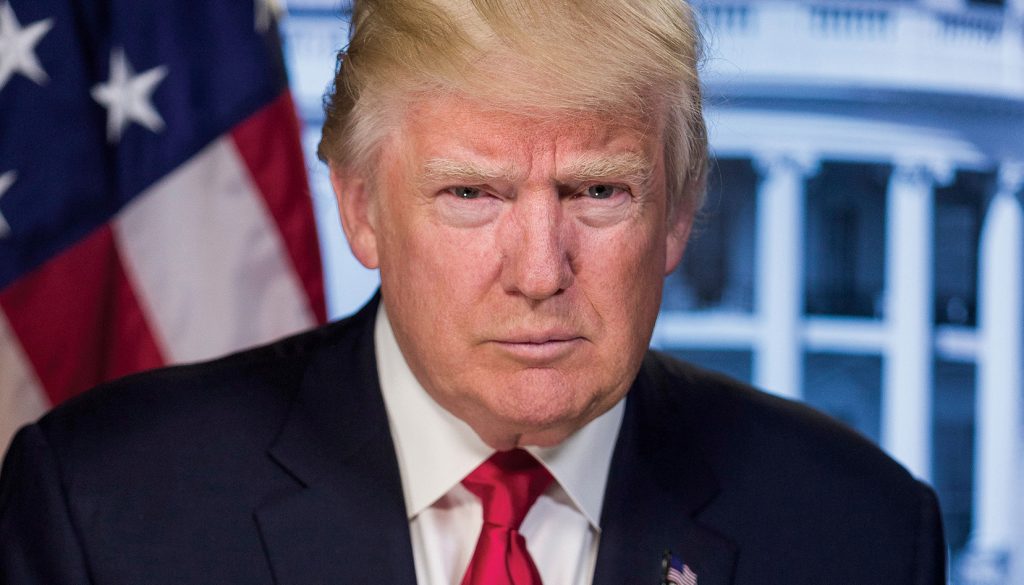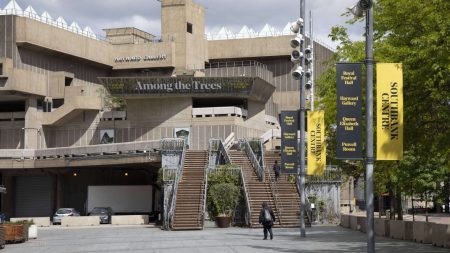Very few foreigners know the United States, though many know some prominent people in New York, Washington and Los Angeles, and imagine that the Americans are cousins of the British and that the US is somewhat like the United Kingdom only larger, richer, less cultured, more materialistic, and more socio-economically fluid and meritocratic. Americans speak English and practice a version of the common law, but barely one fifth of them are descended from the English or Scottish. The US is a proudly revolutionary, relatively libertarian, and very rough, gun-toting society in constant fermentation. The America of Norman Rockwell, Walt Disney, and Grandma Moses exists; almost everything exists in that vast country of a third of a billion people, but it is a public relations snow job. America is a land of intense competition and tremendous achievement in almost every field, but it is also a jungle, and like all jungles it is run by the 30-foot constricting snakes and the 700-pound cats, and this is how President Trump must be seen.
Rise and slump
It isn’t a system attractive to comfortable foreigners, but the United States enjoyed a rise without the remotest precedent in the history of the world, from 3.2 million people including 650,000 slaves – in almost the only country not to be defined by its own language and culture – to overwhelming preeminence among nations, a world-state. All this in just two long lifetimes, from Yorktown in 1783 to the end of the second world war. There have been terrible crises, especially the civil war, in which 750,000 people died in a population of 31 million, suppressing secession and abolishing slavery; and the Great Depression of the early 1930s, in which the entire economic system collapsed. But by an ineluctable and almost incomprehensible process, the Americans elevate the leaders they need when they need them: Washington, Lincoln, Roosevelt, Reagan. Improbably, it is in this context that Trump must be viewed. The 20 years preceding his election were the most incompetent time of presidential leadership in American history: endless, fruitless Middle Eastern war, generating immense humanitarian disaster, the greatest economic crisis in 75 years, steady advances at the expense of America by China in much of the world, stagnant growth in middle- and working-class real disposable incomes, and an increase in welfare roles, poverty, and violent crime and a decline in life expectancy. Further, GDP growth per capita declined from 4.5 per cent under Reagan to 2.1 per cent with Obama (though unemployment dropped from 9.3 per cent to 4.9 per cent during Obama’s presidency). The Americans aren’t world-weary Europeans and they won’t tolerate stagnation.
Enter, apex predator
Donald Trump, an imposing and agile jungle cat, saw the political opportunity, changed parties seven times in 13 years, perfected a method of generating great celebrity and translating it into electability, and became the only person in American history never to have sought or held a public office, elected or unelected, or a military command, to be elected president. This, added to his success as a builder, an occupation in which he became technically insolvent but made an astonishing recovery giving him a fortune of at least $5bn, and a television career in which he conceived an idea of reality entertainment that drew from five to 25 million viewers every week for 14 years, make him the most accomplished person ever inaugurated to his great office except for the chief founders, Washington, Jefferson, and Madison, and those who successfully led great armies in just wars, Grant and Eisenhower. All these men were world-historic figures before they were elected president of the United States. As the American mythos cannot accept a pause in its national progress, by 2016, half the country was disaffected; Donald Trump, the populist billionaire, saw it, and almost no one else did. His achievement was immense. This is the background for the Trump phenomenon.
A system unravels
Because Trump ran against all factions of both parties, against the Bushes as much as the Clintons and Obama, and the entire system including the national political media, he has been more ferociously opposed than any previous president. His enemies in the higher reaches of the previous administration may have committed breaches of the constitution trying to sabotage his election and undo his presidency. The indictments of those responsible have begun. They hurled an impeachment against him, and are now attempting to exploit a potential for national vote-rigging through postal ballots mailed out to everyone on the always partially obsolescent voters’ register. (In the legally loose American system, this is called “vote-harvesting.”) The massive media hostility to Trump, parroted by most of the unperceptive dunces among the resident foreign correspondents, is due mainly to his success at bypassing them by dealing directly with the vast army of his followers through social media and his domination of the radio phone-in networks, and much of the internet.
Business boom
Despite the febrile opposition, Trump has had the most successful first term of any president except Lincoln, FDR, and Nixon. He massively deregulated, sharply reduced taxes, eliminated unemployment and oil imports, exited the insane Paris climate and Iran nuclear agreements, revived the concept of nuclear non-proliferation, renegotiated trade arrangements favourably, recognised and responded to the Chinese challenge, shaped NATO up from the ragtag of freeloaders that “the alliance of the willing” had become, and assaulted the corrupt teachers’ unions and the failing state school systems. The lowest 20 per cent of income earners enjoyed faster income growth in percentage terms than the highest ten per cent; the US is thus the first serious jurisdiction to begin to address the income disparity problem. Despite some over-optimistic comments and some rather disorderly press briefings, Trump has shown his abilities as an executive in the Covid crisis: fatalities have declined by almost 85 per cent from their high in March (though the death toll has now exceeded 200,000), and two thirds of those disemployed during the economic shutdown have returned to work. You couldn’t divine any of this from the media, foreign or domestic, and especially not in Britain, except occasionally from The Spectator.
In the bag?
The Democratic party elders, in terror at the looming nomination of semi-Marxist Senator Bernie Sanders, installed a matched pair of bombed-out losers for the presidential and vice-presidential nominations: Joe Biden, a decayed servitor, and leftist Senator Kamala Harris, and relied on Covid discontent and Trump-hate to put them across. (Trump had a won election prior to the public health crisis.) The Democrats are thus dependent upon a terror campaign about the virus, and after attempting to ignore the most widespread urban violence in America for over 50 years, are trying to lay it at the door of President Chaos, whom they portray as a racist. They fastened a waxwork dummy on top of Sanders’ completely unacceptable socialist platform. Trump staged a brilliant virtual convention with a series of articulate African-American speakers and persuasive spokesmen for every accessible voting bloc. He has hung racist violence around Biden’s neck like a toilet seat, and is campaigning like a tornado. If Biden debates him, it will be the greatest mismatch since Sonny Liston and Albert Westphal, (a one-punch championship prize-fight). In the land of the star system, despite his stylistic infelicities, Trump is a great star running against a spavined pantomime horse. As long as the coronavirus fatalities and the related unemployment continue to decline, he will win safely enough.







